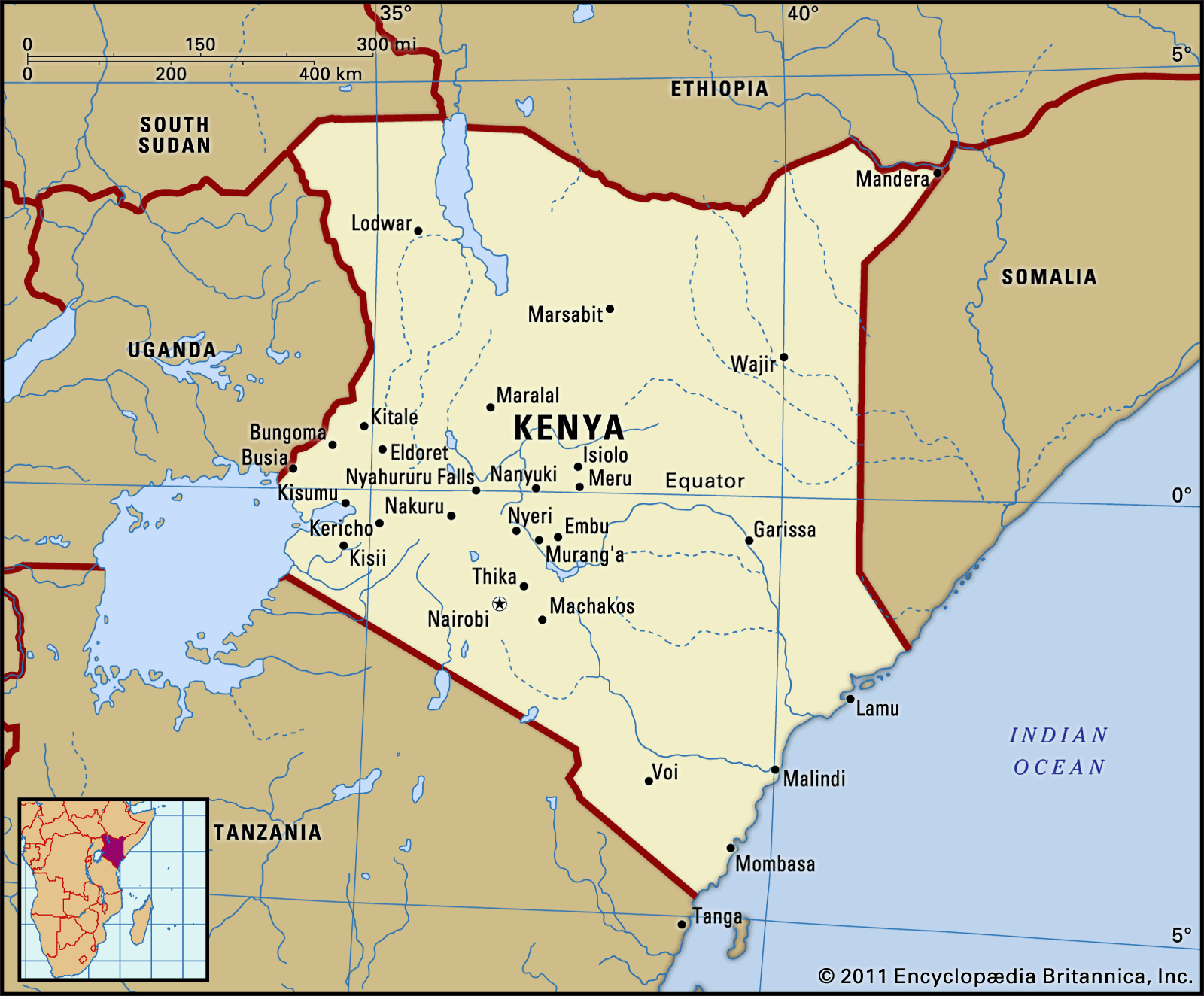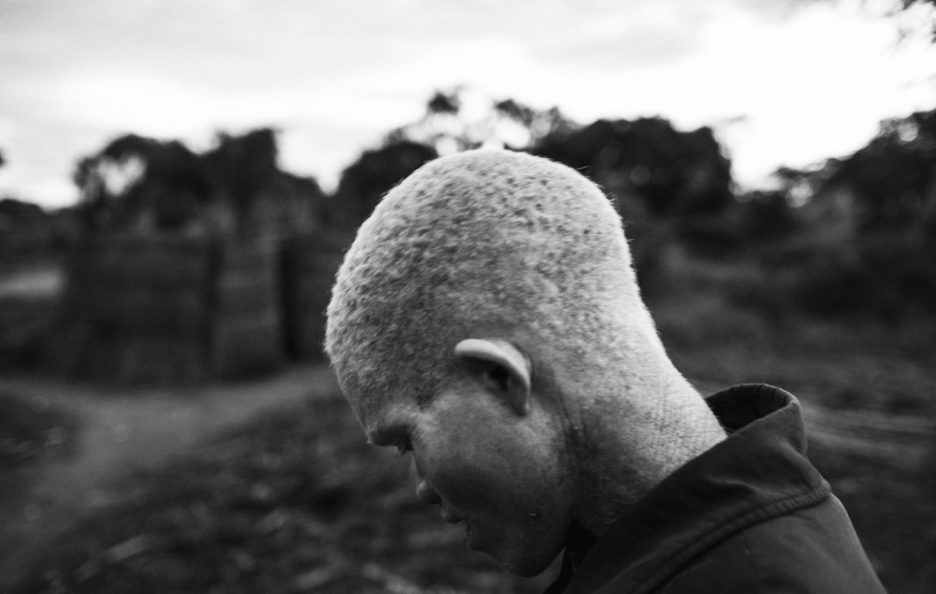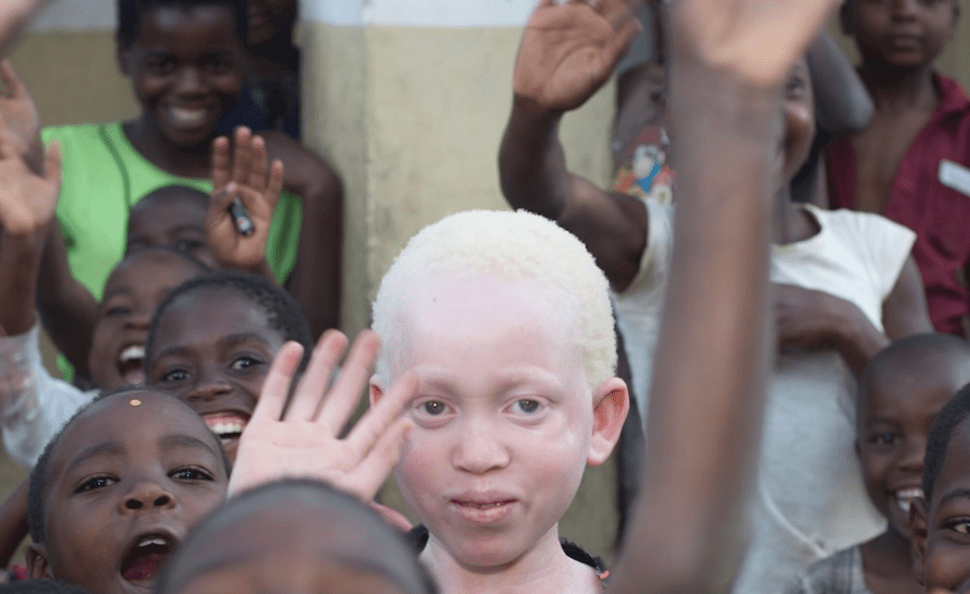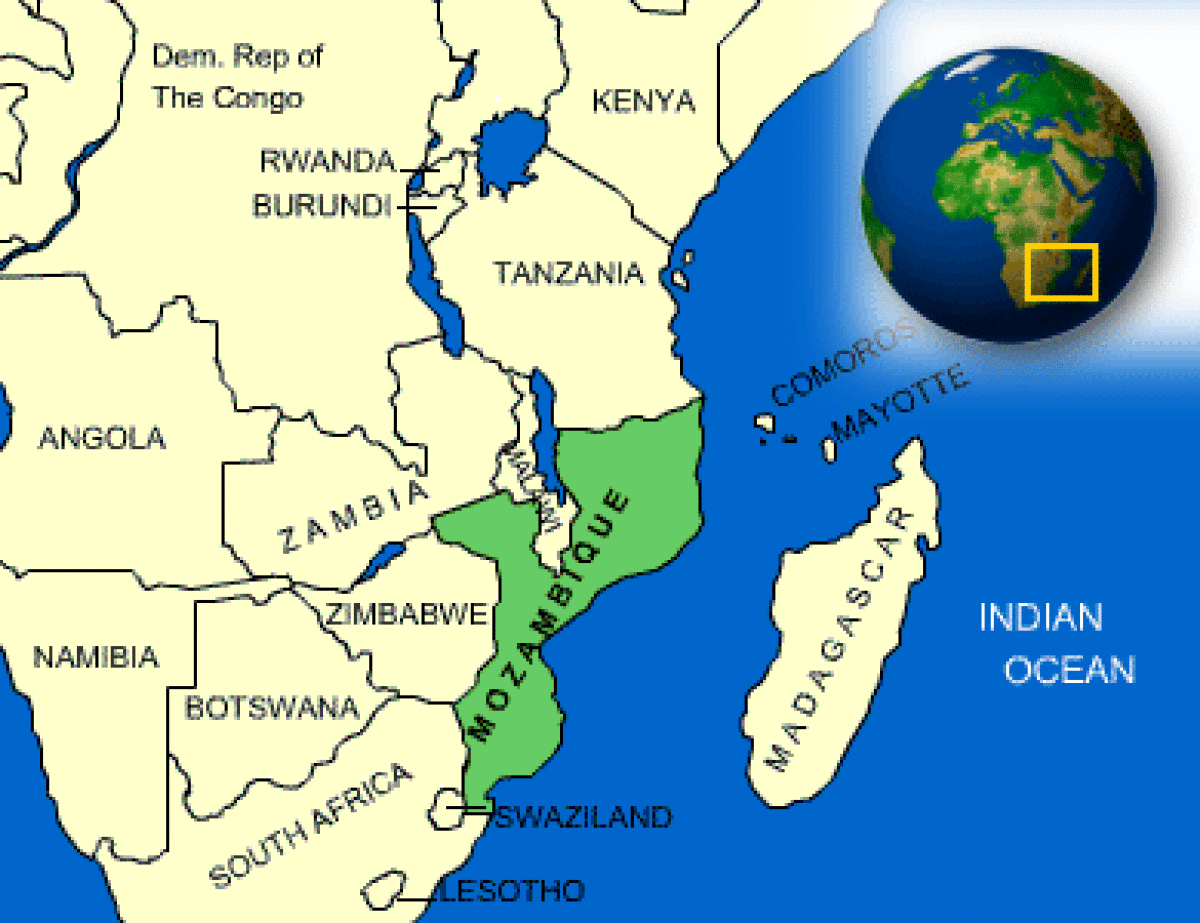Today, a voice from Kenya: the voice of Isaac Mwaura, senator for persons living with disabilities (PWDs). He is the first Member of Parliament (MP) in Kenya with albinism. It is important to emphasize the fact that Isaac Mwaura himself is a person living with albinism, so he knows what he’s talking about. He knows the constraints which people living with disabilities have to face in society, he knows what discrimination means in practice, he knows the dangers which notably people living with albinism have to confront.
You’ll find his impressive Wikipedia page here. Isaac Mwaura can be followed on Twitter where he tweets as @MwauraIsaac1
In the message reproduced below senator Isaac Mwaura sumps up what he has been able to achieve since he was elected in parliament. It is an impressive list, though far from complete. Still much has to be done to protect the interests of people living with albinism which forms a broad and varied group. It is significant that – inter alinea – he mentions that he has been able to rescue Kenyans with albinism, including children, from ritual killing.
In several countries in Sub-Saharan Africa people with albinism are being hunted, kidnapped, mutilated and killed for obscure reasons based on superstition. The example of Isaac Mwaura merits to be duplicated in other SSA countries. Let his voice be heard!
(webmaster FVDK).
A voice for PWDs: What we achieved so far
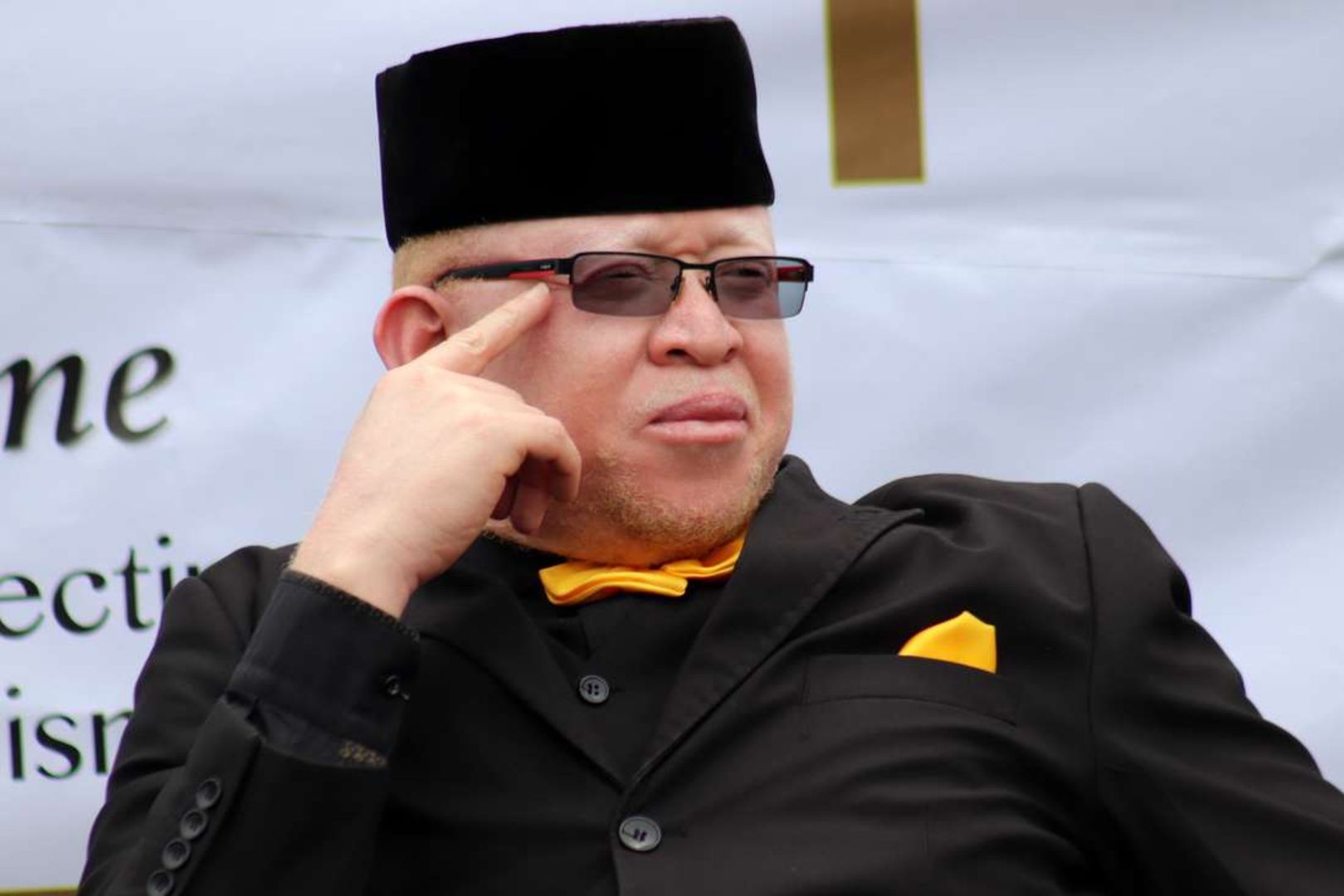
PHOTO DENNIS ONSONGO
Published: February 26, 2021
By: Star, Kenya – Isaac Mwaura
Dear reader,
People have been asking me what has been achieved so far in representing people living with disability in Parliament and politics in general.
My answer is simple: A lot has really been achieved, against all odds.
It’s important to note the marginalisation, stigma and discrimination against persons with disabilities has been going on for thousands of years. This is largely because of the way many societies perceive the functional, and indeed, utilitarian aspects of a human being, especially a child who is born differently.
Disability in many societies has been seen as a taboo, a bad omen or even a disease. Therefore, very few people are socialised to embrace it. This means a lot of the work we do is to ‘deconstruct’ these notions on one hand, and also to increase equal opportunities for PWD.
In my journey for eight years since the constitutionally recognised representation of PWDs, the first thing I did upon assumption of office was to form an association of all MPs with disabilities.
I formed the Kenya Disability Parliamentary Association (Kedipa) with 13 members, five of whom were nominated to represent persons with disabilities, six directly elected by the people in single member constituencies, and one being a parent.
Kedipa became the first caucus of its kind in the history of Parliament. The aim was to create synergy amongst MPs for the disability agenda to be promoted in Parliament.
For example, Parliament wasn’t as accessible to wheelchair users and people with other mobility difficulties. In this regard, we pushed for the modification of the chamber and provided an extra aide to assist those with mobility difficulties.
Through legislative proposals, I have been able to to increase the retirement age of PWDs from 60 to 65 years to compensate for years lost due to lack of employment.
I have also been able to help hundreds of PWDs secure jobs in the public and private sectors. I have also ensured several of them were appointed to constitutional offices such as constitutional commissions.
A very interesting innovation is the enrollment of youth with disabilities into the National Youth Service. This paramilitary training was perceived as not attainable by PWDs, yet hundreds have since graduated with useful skills for the nation. This is the world’s first programme of its kind.
In terms of education, I have successfully pushed to increase funding to special schools, helped create a full directorate of special needs education from a division at the Ministry of Education.
I pushed to create a special allocation of funds to education assessment resources centres and ensured all boards of management in all public schools include a representative of PWDs.
For the first time in the history of Parliament, special schools learners have visited the House to follow live proceedings, and I have enabled some of them to get school buses.
I have also visited special schools across many counties in far-off places such as as Lisa Hola School for the Deaf in Tana River.
PWDs are now represented in the NGCDF from the constituency level to the national board. They are also represented in all the Uwezo Fund committees.
Kenya Sign Language has now been elevated to to English and Kiswahili to ensure the deaf have an equal chance, over and above ensuring TV stations provide this critical service.
In government budgeting, I pushed to increase the funds allocated to the NCPWD from Sh700 million to Sh1.8 billion to cater for amongst others, cash transfer for Kenyans with severe disabilities.
Further, persons with albinism receive free sunscreen lotion, protective gear and skin cancer treatment from the government, thanks to my work.
I also started the Mr & Miss Albinism beauty pageantry to create awareness. Then other African countries have adopted this.
I have also lobbied for the creation of the position of the Africa Union Special Envoy on the rights of persons with albinism. I have also lobbied the EU Parliament to adopt fair treatment of albinism as a human rights issue.
Additionally, I have also rescued Kenyans with albinism, including children, from ritual killing. In 2019, I helped PWAs to be counted for the first time, including the intersex persons who heretofore hadn’t been recognised in Kenya.
Through the AT2030 project, I have pushed for the production of a local electric wheelchair that is affordable and durable in our terrain.
I have sponsored the highest number of bills in the Senate.
A lot remains to be done but we have progress to build upon for a better tomorrow for all of us. As someone said, disability is a club, anybody can be a member.
Source: A voice for PWDs: What we achieved so far
